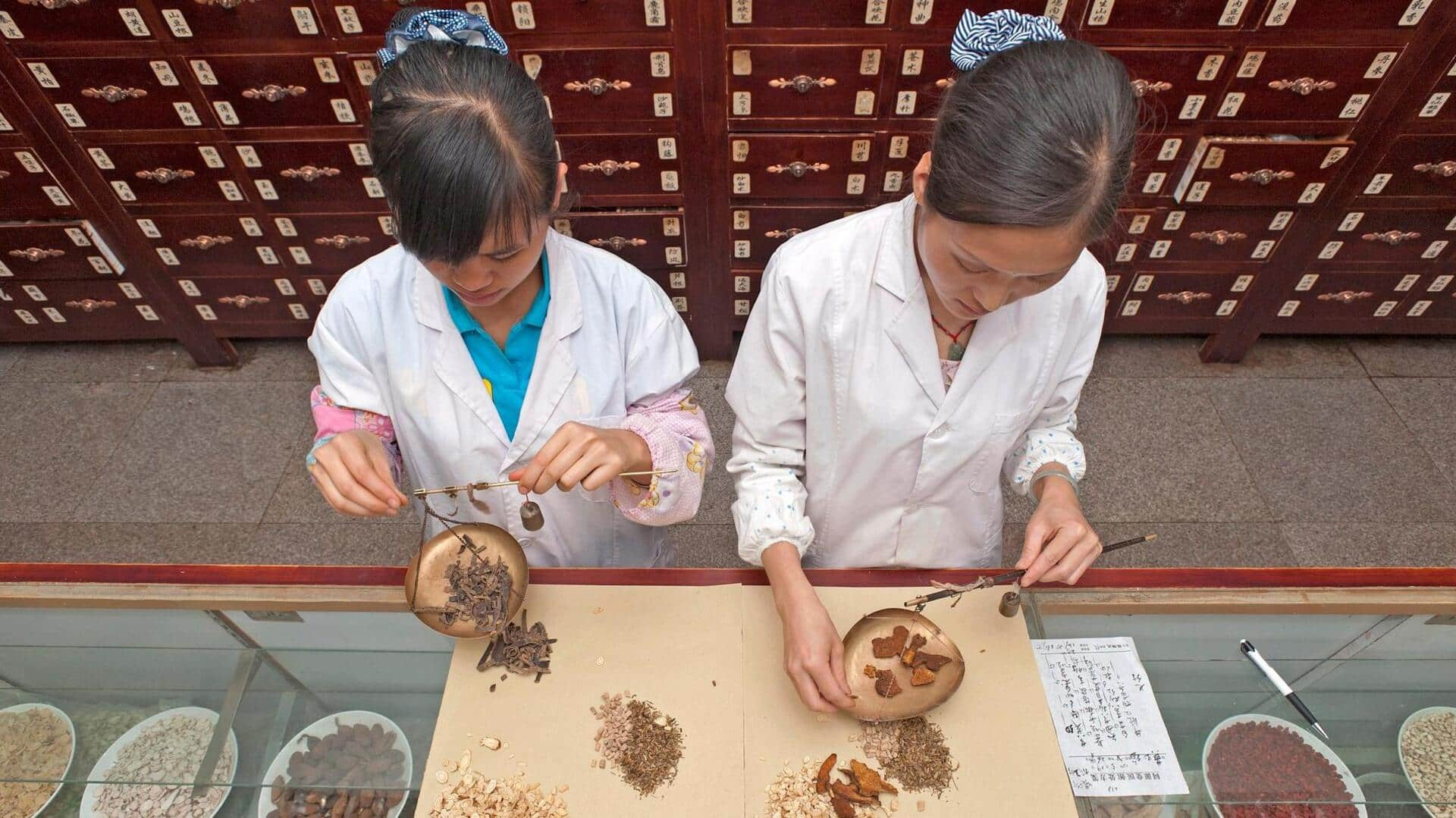
WHO conducts first-ever traditional medicine summit in Gujarat
What's the story
The World Health Organization (WHO) is hosting its first summit on traditional medicine in Gujarat today. The event will end tomorrow. Co-hosted by the Government of India, this event aims to foster "political commitment and evidence-based action" in the realm of traditional medicine. Traditional medicine is the "first port of call for millions of people worldwide," WHO said while emphasizing that for traditional medicine to be considered an effective alternative, it must be supported by scientific evidence.
Details
The event will discuss evidence related to traditional medicine
The summit will offer a platform for stakeholders, including policymakers and traditional medicine workers, to exchange best practices, evidence, and data regarding the role of traditional medicine in health and sustainable development. Established in March 2022, with the support of the Indian government, the WHO Global Centre for Traditional Medicine acts as a knowledge hub, merging ancient wisdom with modern science to promote the health and well-being of people and the planet.
Information
170 of WHO member countries acknowledge use of traditional medicine
Out of the WHO's 194 member states, 170 have recognized their use of traditional and complementary medicine since 2018. However, only 124 have reported having laws or regulations governing the use of herbal medicines.
What Next?
Natural does not always equate to safe: WHO
"Natural doesn't always mean safe, and centuries of use are not a guarantee of efficacy; therefore, scientific method and process must be applied to provide the rigorous evidence required," the WHO said. The organization advocates for new methodologies that encompass "more holistic, contextual approaches" and yield evidence that is both conclusive and robust enough to inform policy recommendations.